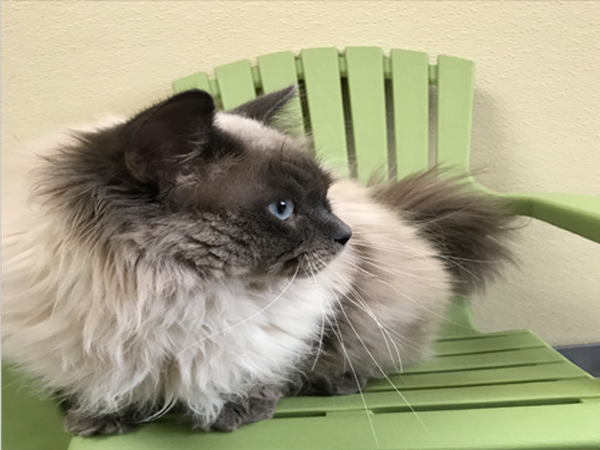Ragdoll cats are beloved for their docile nature, striking appearance, and affectionate demeanor. Behind their fluffy exterior lies a fascinating world of breeding, genetics, and unique characteristics that contribute to their charm. Let’s delve into the intricate world of Ragdoll kittens and explore what makes them truly special.
Breeding Ragdoll Kittens:
Breeding Ragdoll kittens requires careful selection of parent cats to maintain the breed’s desired traits. Responsible breeders prioritize health, temperament, and conformation to breed standards. Ragdolls typically reach breeding age around one to two years old.
Selective breeding aims to produce kittens with the trademark Ragdoll characteristics: large size, striking blue eyes, semi-long fur, and a laid-back personality. Breeding pairs are chosen to complement each other’s qualities while minimizing genetic health risks.
Genetics of Ragdoll Cats:
Understanding the genetics of Ragdoll cats is crucial for breeders to predict the traits of offspring accurately. Ragdoll genetics involve various factors, including coat color, pattern, and the presence of certain genes.
The Ragdoll gene pool consists of several coat color variations, including seal, blue, chocolate, lilac, and more. Additionally, patterns such as colorpoint, mitted, and bicolor contribute to the breed’s diverse appearance.
Ragdoll kittens inherit coat color and pattern genes from their parents, resulting in a wide range of possibilities. For example, two Ragdoll parents with a blue colorpoint pattern may produce blue colorpoint kittens, but the exact shade and markings can vary.
Characteristics of Ragdoll Kittens:
Ragdoll kittens are renowned for their gentle and affectionate nature, earning them the nickname “puppy cats.” From an early age, Ragdolls exhibit a calm demeanor and enjoy being held and cuddled by their human companions.
Their semi-long fur is soft and silky, requiring regular grooming to prevent matting and tangles. Ragdolls are typically sociable cats that get along well with children, other pets, and even strangers.
One of the most endearing traits of Ragdoll kittens is their tendency to go limp when picked up, hence the name “Ragdoll.” This unique behavior is a result of their relaxed muscles, making them exceptionally easy to handle.
In conclusion, the world of Ragdoll kittens is as captivating as the cats themselves. Through careful breeding practices, an understanding of genetics, and appreciation for their distinctive characteristics, Ragdoll enthusiasts continue to cherish these delightful felines for generations to come.
